Lawyers in Australia taking a class action on behalf of Manus Island detainees say the case will determine whether their detention amounts to false imprisonment.
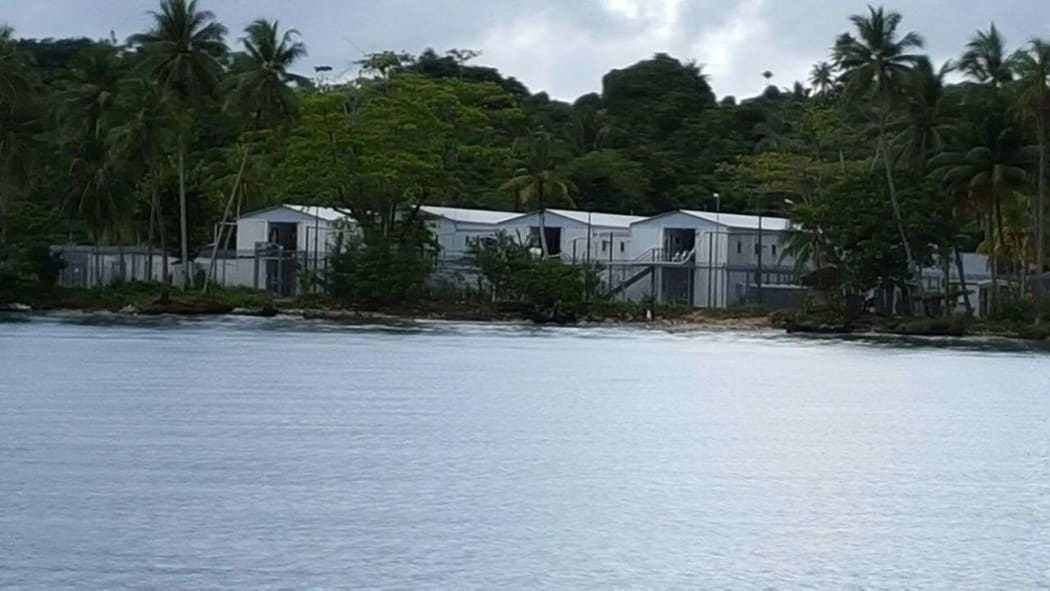
The Manus Island detention centre. Photo: Behrouz Boochani
The action on behalf of 1,905 men detained by Australia since 2012 on the Papua New Guinean island, is expected to be the largest trial concerning immigration detention in Australian legal history.
The three defendants are the Australian government and the companies G4S and Broadspectrum.
International Health and Medical Services (IHMS) and Wilson Security have been named as third parties.
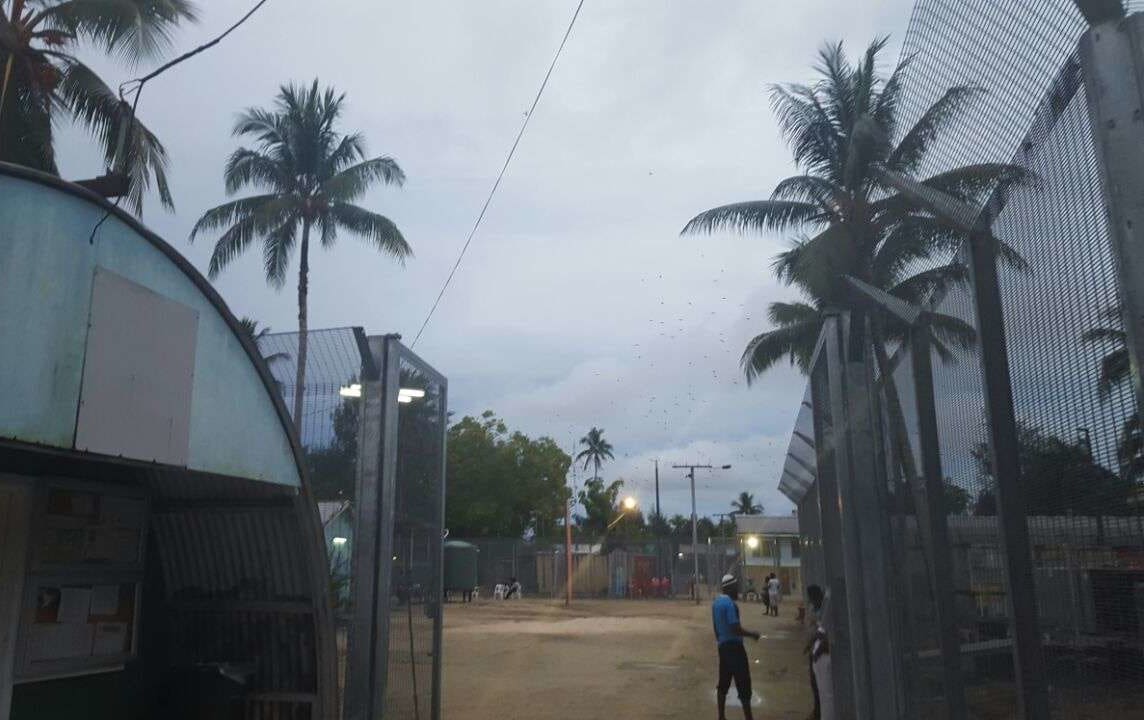
The Manus Island detention centre. Photo: Behrouz Boochani
Representing the law firm Slater and Gordon, the lawyer Rory Walsh said the case would shine a light on the conditions that Manus Island detainees had been forced to endure for the past four years.
"The extraordinary secrecy surrounding the Manus Island detention centre has meant that, for too long, the detainees' experiences have been a case of 'out of sight, out of mind'," Mr Walsh said.
"The remote location of the centre, the difficulties involved in client access and extensive restrictions on workers speaking out publicly have all significantly complicated the legal journey.
"The group members in this case have had to endure an extremely difficult burden for an extraordinary length of time but we are confident that, come May 2017, their stories will be heard in way that, so far, has not been possible."
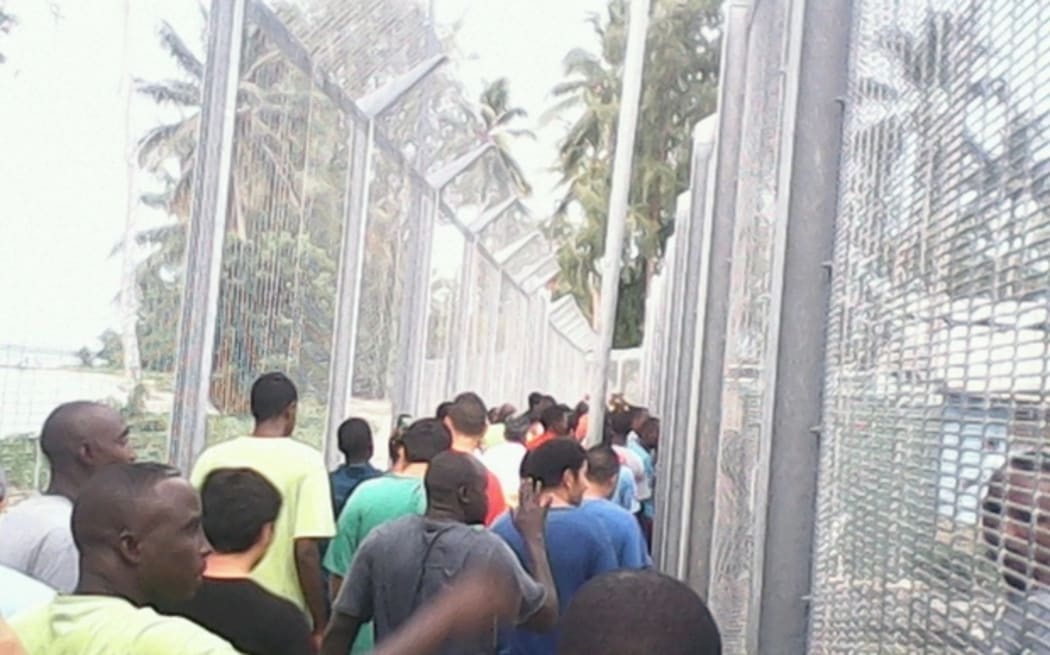
Protest by refugees and asylum seekers on Manus Island. Photo: supplied
Mr Walsh said the case addressed systemic issues in relation to the provision of medical services, shelter and accommodation, food, water and security.
"The action will also determine whether the detention of asylum seekers at the centre amounted to false imprisonment, following the PNG Supreme Court's decision last year that the operation of the centre was not permitted under the country's Constitution," said Mr Walsh.
He said one of the central disputes of the action is whether the Australian government owes a duty of care to protect the detainees from foreseeable harm.
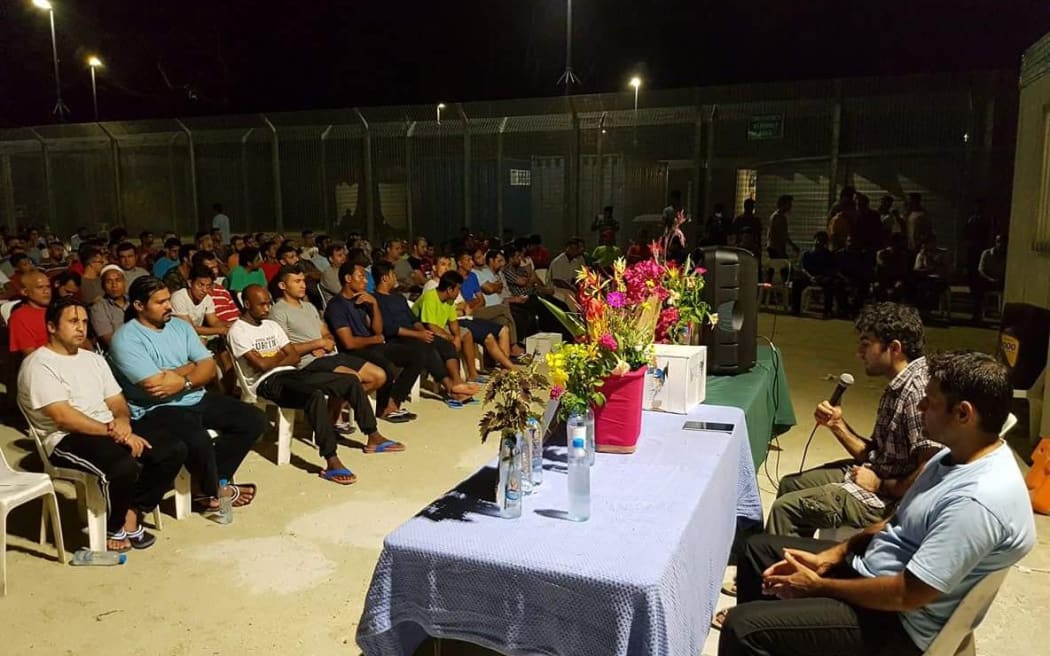
Hundreds gather for memorial service for Pakistani refugee who drowned. Photo: Refugee Action Coalition
"This is one of the most factually and logistically complex class actions in recent times," Mr Walsh said.
"It has been building for two and a half years now and will go to trial after the six parties have considered more than 200,000 discovered documents, 104 witness outlines and 17 expert reports.
"This case will be the largest and most forensic public examination of the events and conditions at the Manus Island centre and reflects the unquestionable importance of access to justice in the Australian legal system."
Mr Walsh said the Manus Island class action would also determine a number of important legal issues, which could have far-reaching implications on Australia's 'offshore processing' policy.
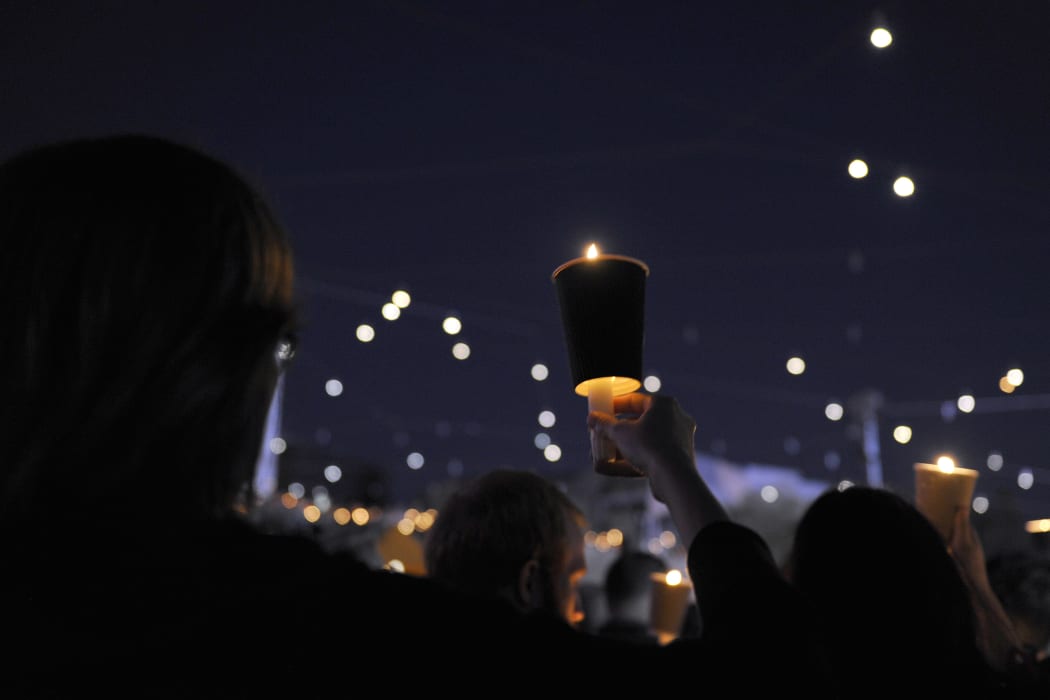
People attend a candlelight vigil in support of asylum seekers, in Melbourne on February 23, 2014. Photo: AFP PHOTO / ESTHER LIM
The case will feature 104 witness outlines, including 71 filed by the plaintiff and 33 filed by the defendants and third parties.
Witnesses include detainees currently being held on Manus Island, detainees who were previously held on Manus Island, detainees who were sent to Australia for medical treatment, doctors who worked at the detention centre, security workers, and social workers.
Seventeen expert reports from doctors, psychiatrists, psychologists, security experts, prison inspectors, and prison infrastructure experts will also be lodged.
The trial begins on May 1 and is estimated to last between three and six months.






